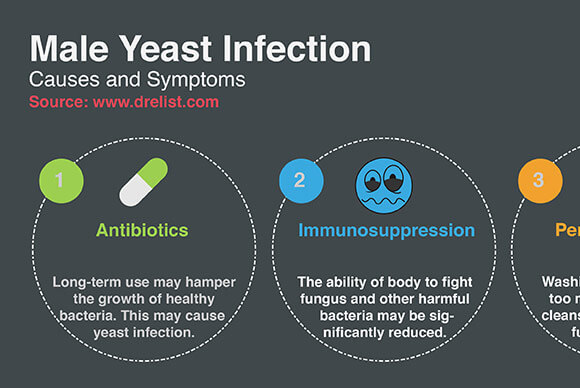.jpg)
Optimizing Cognitive Well-Being: Essential Tips for Mental Health
In the hustle and bustle of modern life, maintaining cognitive wellness is crucial for overall mental health. Let’s delve into some practical tips that can help optimize your cognitive well-being and foster a healthier mind.
Understanding Cognitive Wellness
Cognitive wellness refers to the health of your brain functions, encompassing aspects such as memory, attention, problem-solving, and creativity. It goes beyond the absence of cognitive disorders, emphasizing proactive measures to enhance and maintain mental faculties.
Prioritizing Quality Sleep
Quality sleep is fundamental to cognitive wellness. During sleep, the brain consolidates memories and undergoes essential processes for optimal functioning. Establishing a consistent sleep routine, creating a comfortable sleep environment, and avoiding stimulants before bedtime contribute to better cognitive health.
Engaging in Regular Physical Exercise
Physical exercise not only benefits the body but also has a profound impact on cognitive function. Regular aerobic exercise has been linked to improved memory, attention, and overall cognitive performance. Find activities you enjoy, whether it’s brisk walking, jogging, or dancing, and make them a part of your routine.
Nourishing Your Brain with a Healthy Diet
A well-balanced diet rich in nutrients is vital for cognitive wellness. Foods high in antioxidants, omega-3 fatty acids, and vitamins support brain health. Include a variety of fruits, vegetables, whole grains, and lean proteins in your diet to provide the essential nutrients your brain needs.
Stimulating Your Mind through Mental Exercises
Keep your brain sharp by engaging in mental exercises. Activities like puzzles, crosswords, chess, and learning new skills stimulate different areas of the brain. Regular mental challenges promote neural plasticity, enhancing the brain’s ability to adapt and learn.
Managing Stress Effectively
Chronic stress can negatively impact cognitive function. Implement stress-management techniques such as meditation, deep breathing, or yoga to promote relaxation. Finding healthy ways to cope with stress not only benefits your mental health but also contributes to sustained cognitive wellness.
Cultivating Social Connections
Social interactions play a crucial role in cognitive well-being. Engaging with friends, family, and community fosters a sense of belonging and emotional support. Meaningful social connections contribute to reduced stress levels and a positive impact on cognitive health.
Practicing Mindfulness and Meditation
Mindfulness practices, including meditation, are powerful tools for enhancing cognitive wellness. These techniques promote focused attention, reduce anxiety, and improve overall mental clarity. Integrating mindfulness into your daily routine can positively influence cognitive function.
Limiting Screen Time and Digital Distractions
Excessive screen time, especially on electronic devices, can contribute to cognitive fatigue and disrupted sleep patterns. Establish boundaries for screen use, take breaks, and prioritize activities that promote mental well-being, such as reading or spending time outdoors.
Seeking Professional Support When Needed
If you notice persistent cognitive challenges or changes in mental health, seeking professional support is crucial. A mental health professional can assess your situation, provide guidance, and offer strategies tailored to your specific needs.
Taking Action: Explore Cognitive Wellness Tips
For more in-depth insights into optimizing cognitive well-being, explore resources like “Cognitive Wellness Tips.” Visit Cognitive Wellness Tips to discover valuable advice, articles, and a supportive community focused on mental health.
In conclusion, prioritizing cognitive wellness is an integral part of maintaining overall mental health. By incorporating these tips into your lifestyle, you can actively contribute to the well-being of your brain and foster a healthier, more resilient mind.




